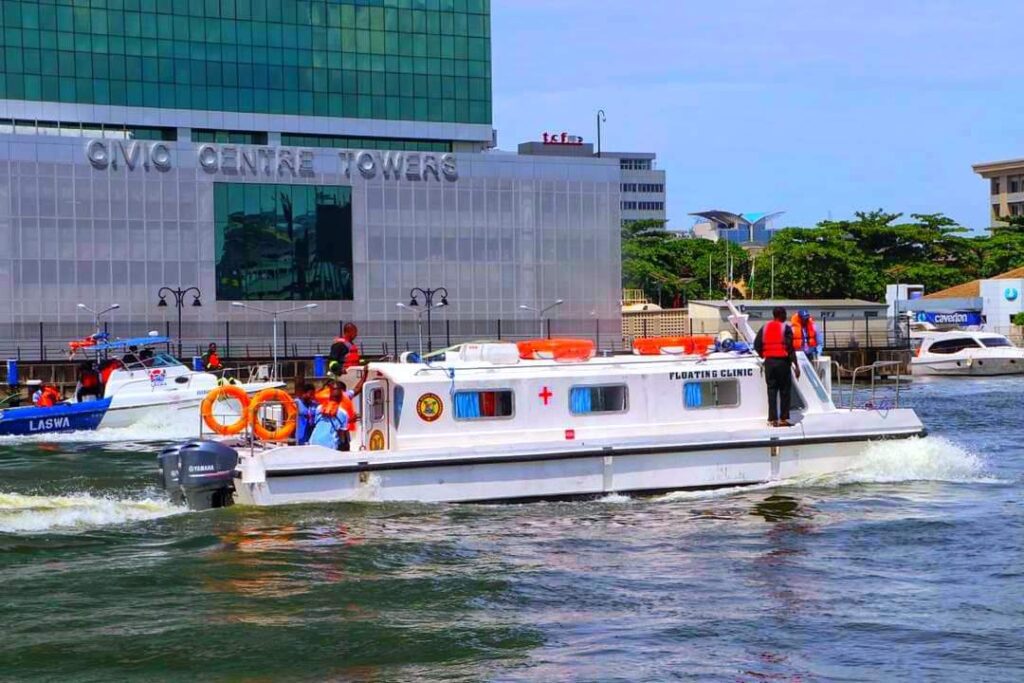The tragic capsizing of a boat on the Niger River on Independence Day, which left no fewer than 150 passengers feared dead, is a reminder of the urgent need for improved safety measures in our waterways. The incident, occurring in Gwajibo village while the boat was en route to a Maulid Nabbiy celebration, highlights the devastating reality of boat accidents in Nigeria—events that have become all too common and increasingly deadly.
In recent months, the frequency of such tragedies has risen to alarming levels. Last month, 40 lives were lost in Zamfara State when another boat overturned in the Bakin Kasuwa River. Just weeks prior, four individuals drowned in Sokoto State, and in June, over 100 people were killed while returning from a wedding in the neighbouring Niger State.
Each incident not only devastates families but also reflects a systemic failure to ensure the safety of our waterways. It is crucial to recognise that these accidents are not merely unfortunate events; they signal a profound disregard for human life. Poor safety standards, inadequate regulation, and a lack of public awareness contribute to this ongoing crisis. In a country where waterways are vital for transportation, especially in rural areas, the current situation is unacceptable.
We must demand that our leaders take decisive action to prevent further loss of life. This includes enforcing stricter safety regulations, mandating life jackets for all passengers, and ensuring that boats are not overloaded. Also, public awareness campaigns are necessary to educate communities about the risks involved in water travel.
The responsibility does not rest solely on government officials. Communities must also play an active role in advocating for their safety and holding boat operators accountable. We cannot afford to remain passive as lives are lost and families are shattered. The frequency of these accidents should trouble us all; it is a clarion call for collective responsibility and immediate reform.
Our findings reveal a troubling paradox. While northern Nigeria has some of the lowest water levels, it also records the highest number of casualties. Experts attribute this grim statistic to a combination of factors, including inadequate maintenance of vessels, perilous night voyages, and the use of outdated boats.
In just 2024 alone, the toll is harrowing. Lagos reported 21 casualties, while Adamawa saw 28, Niger 30, Kwara a shocking 100, Delta 5, Zamfara 40, and Kano 3. Each number represents a life lost, a family shattered, and a community in mourning. For too long, these tragedies have been relegated to the background, overlooked as mere statistics rather than recognised as national emergencies. This neglect must end. The continued frequency of these incidents signals a deep-rooted issue that cannot be ignored.
It is imperative for our leaders and policymakers to take immediate action. We need comprehensive safety regulations, mandatory maintenance checks for all vessels, and a ban on night travel for commercial boats. Additionally, public awareness campaigns are crucial in educating communities about safe practices.
President Bola Tinubu has recently initiated an investigation into the surge of boat accidents, tasking the National Inland Waterways Authority (NIWA) with assessing the situation and proposing viable solutions. However, while investigations are necessary, they are not sufficient on their own. NIWA has issued warnings against night travel and promised to address issues like overloading and the lack of life jackets. Yet these regulations are frequently flouted by boat operators motivated by profit, leading to dangerous overcrowding.
Corruption exacerbates the problem, as enforcement remains inconsistent, and safety often takes a backseat. The result? A tragic loss of life. The factors contributing to these accidents are both predictable and preventable: overloading, inadequate maintenance, adverse weather conditions, and the absence of fundamental safety measures. Life jackets, an essential safety requirement, are often unavailable, and even when provided, there is little enforcement of their use. Consequently, passengers find themselves navigating perilous waters without the protection they desperately need.
What’s most alarming is that the measures needed to prevent these accidents are neither costly nor complicated. Enforcing rules about life jackets, conducting routine boat inspections, and preventing dangerous overloading should be standard practice, not reactive measures following tragic incidents. The regulations are already in place; what’s missing is the political will to enforce them. NIWA must go beyond mere warnings and actively uphold existing safety standards. Boat operators who disregard these rules should face strict and immediate penalties. Mandatory safety checks should occur before any vessel departs, with a zero-tolerance policy for overloading and the absence of life jackets.
Furthermore, the government must prioritise the safety of our waterways just as it does for air and rail travel. The lives of our citizens, often the most vulnerable, should not be compromised for profit.

